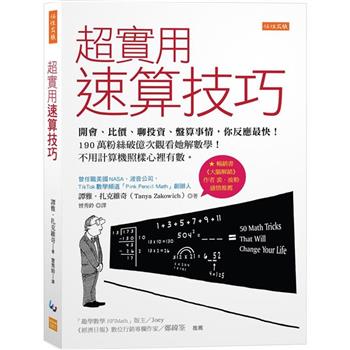Traditional texts in mathematical statistics can seem - to some readers-heavily weighted with optimality theory of the various flavors developed in the 1940s and50s, and not particularly relevant to statistical practice. Mathematical Statistics stands apart from these treatments. While mathematically rigorous, its focus is on providing a set of useful tools that allow students to understand the theoretical underpinnings of statistical methodology.
The author concentrates on inferential procedures within the framework of parametric models, but - acknowledging that models are often incorrectly specified - he also views estimation from a non-parametric perspective. Overall, Mathematical Statistics places greater emphasis on frequentist methodology than on Bayesian, but claims no particular superiority for that approach. It does emphasize, however, the utility of statistical and mathematical software packages, and includes several sections addressing computational issues. The result reaches beyond "nice" mathematics to provide a balanced, practical text that brings life and relevance to a subject so often perceived as irrelevant and dry.Features

 看圖書介紹
看圖書介紹










